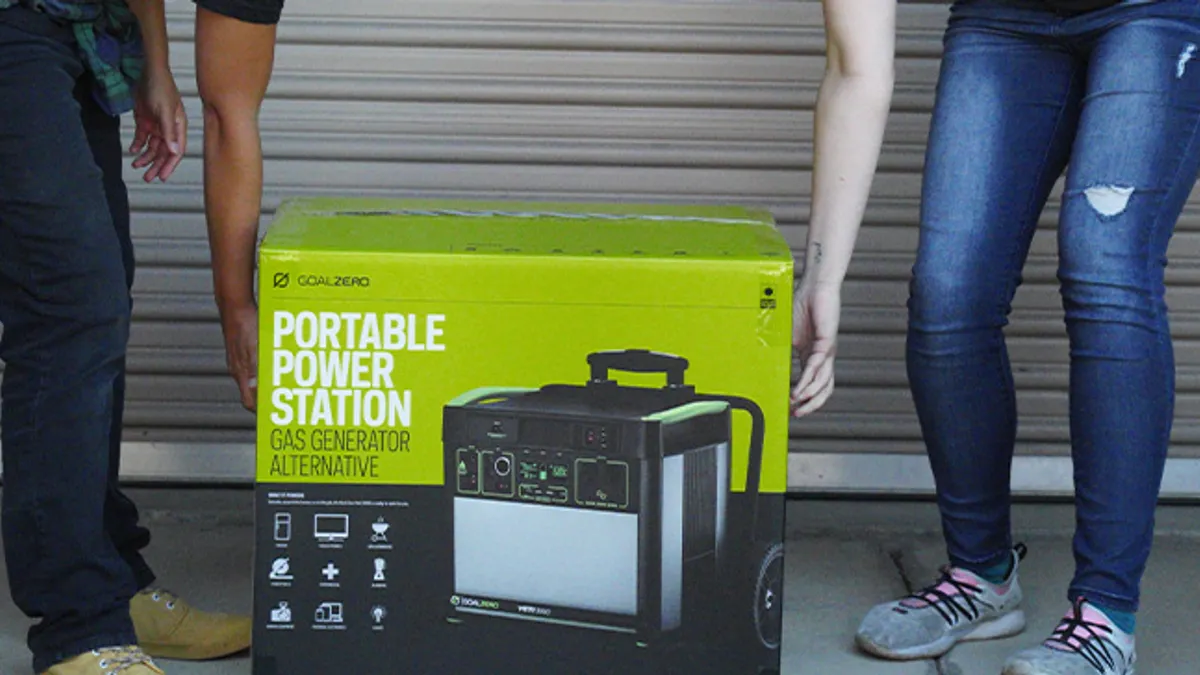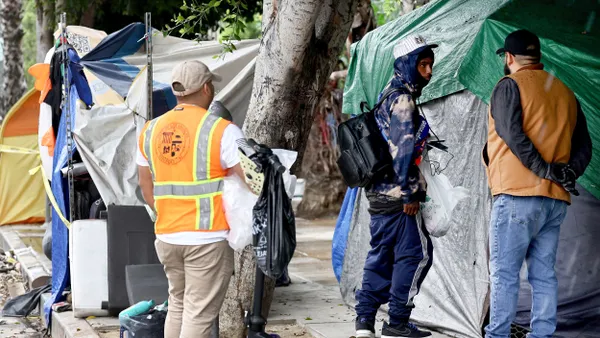Part of MCE’s story began in the early 1990s when Dawn Weisz, MCE’s CEO, was working with small environmental justice groups to move large corporations and polluting industries away from harming underserved communities in Southern California. Working alongside passionate groups like Mothers of East LA and Concerned Citizens of South Central to protect low-income and communities of color inspired Dawn’s pursuit of a sustainable energy future, ultimately leading to MCE.
MCE is a not-for-profit public agency and its mission of confronting the climate crisis centers around creating equitable community benefits. MCE flipped the switch to clean energy for more than 1.5 million Bay Area homes and businesses, including frontline communities of color like the cities of Richmond and Pittsburg, which bear the “first and worst” of polluting environmental impacts. It is MCE’s responsibility, and privilege, to combat these inequities and help shape a brighter future.
Energy Affordability
The power of an agency like MCE isn’t just in the ability to choose where its energy comes from. It’s the power to choose how its dollars are spent and prioritize communities over profits. Instead of lining shareholder pockets, MCE reinvests revenues in local community-benefit programs where it’s most needed, focusing on income-qualified and hard-to-reach customers.
A recent study of US household energy spending found that 16% live in energy poverty - defined as spending more than 6% of household income on energy bills. MCE aims to reduce this burden and not only offers cleaner energy, but often has lower rates compared to PG&E. MCE is also providing $10 million in bill credits to homes and small businesses who need it the most.
MCE’s Low-Income Families and Tenants program has provided more than $1 million in energy efficiency rebates for typically hard-to-reach multifamily property owners whose renters have a household income at or below 200% of the federal poverty level.
Switching to an EV saves the average household $650 annually. However, the higher upfront cost of an EV keeps them out of reach for lower-income households, who could greatly benefit from lower fuel and maintenance costs. MCE has already distributed $1.4M in low-income EV rebates.
Energy Storage for Social Equity
Extreme heat, wildfires, and drought have been increasing California power outages which disproportionately affect the health and safety of underserved communities. MCE is investing in energy storage solutions to help protect people from power outages, reduce energy costs, and California’s reliance on gas power plants.
MCE’s Energy Storage Program facilitates the adoption of customer-owned energy storage systems, paired with on-site solar, by reducing costs for low-income homes and critical facilities like schools and health clinics.
The batteries lower monthly energy bills by providing stored solar energy onsite during peak times of the day when electricity is most expensive. This also reduces California’s need to rely on its 80 gas-fired power plants which help meet statewide peak electric demand. Half of these facilities are located in areas designated as disadvantaged communities due to high cumulative socioeconomic, environmental, and health burdens.
California’s gas peaker plants disproportionately operate on days when ozone concentrations exceed federal standards, exacerbating local air quality conditions. By utilizing the batteries for daily load shifting away from the 4 p.m. - 9p.m. peak, MCE reduces the need to rely on these polluting power plants.
For those without solar who rely on electricity for a medical need, MCE has provided no cost clean, portable home batteries. 200 residents have received batteries, helping them safely shelter in place at home during an outage and minimize the need to use fossil-fuel generators which increase air pollution, can be extremely noisy, and may be difficult to access, start, or transport during an outage.
Building a Sustainable Workforce
A successful clean energy economy creates pathways to help those working in the fossil fuel industry transition to long-term, well-paying careers in the clean energy industry. MCE supports sustained and fairly compensated local construction jobs in the energy industry through workforce training programs focusing on public–private partnerships for solar and energy storage installations, energy efficiency retrofits, and electric vehicle charging stations. Training programs cater to youth, women, and people who have previously been incarcerated.
Learn more about MCE at mceCleanEnergy.org or follow us on Facebook, Twitter, LinkedIn, and Instagram.










